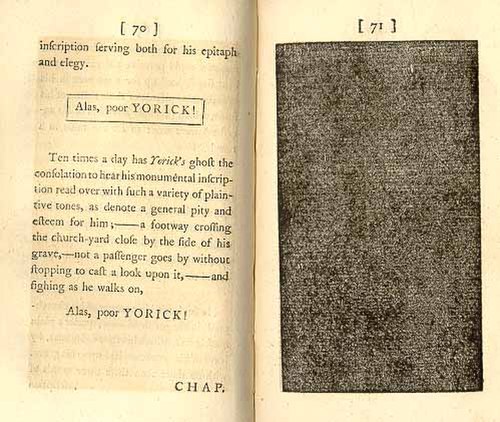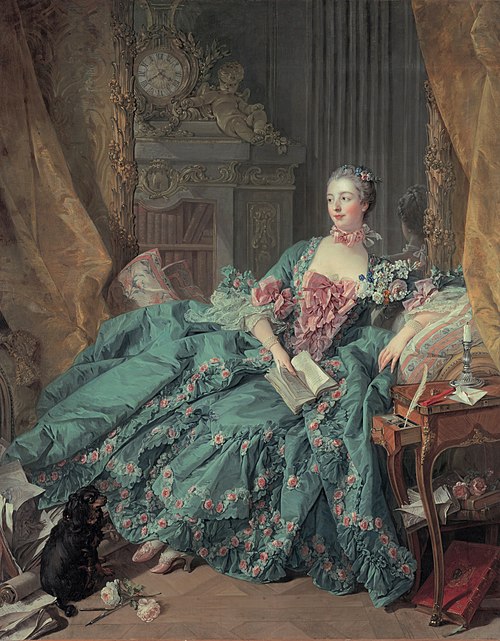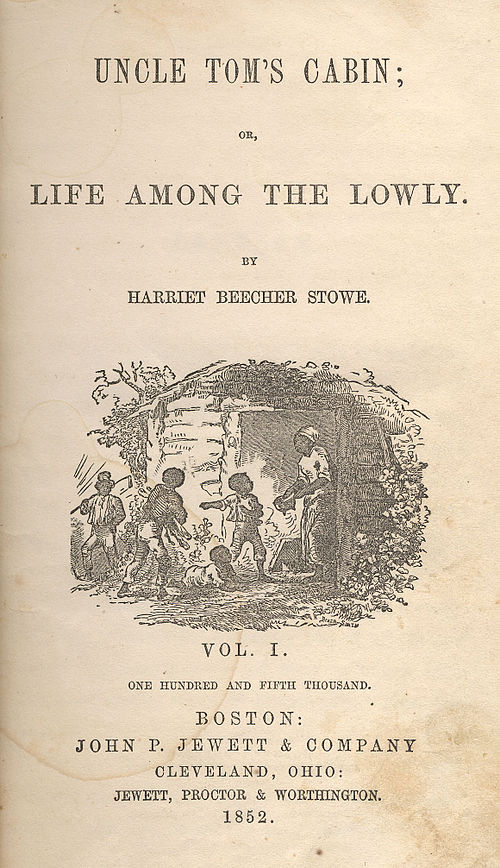Newadjective
Recently made, or created.
Newadjective
Additional; recently discovered.
Newadjective
Current or later, as opposed to former.
Newadjective
Used to distinguish something established more recently, named after something or some place previously existing.
Newadjective
In original condition; pristine; not previously worn or used.
Newadjective
Refreshed, reinvigorated, reformed.
Newadjective
Newborn.
Newadjective
Of recent origin; having taken place recently.
Newadjective
Strange, unfamiliar or not previously known.
Newadjective
Recently arrived or appeared.
Newadjective
Inexperienced or unaccustomed at some task.
Newadjective
(of a period of time) Next; about to begin or recently begun.
Newadverb
Newly (especially in composition).
Newadverb
As new; from scratch.
Newnoun
Things that are new.
Newnoun
(Australia) A kind of light beer.
Newverb
(obsolete) To make new; to recreate; to renew.
Newadjective
Having existed, or having been made, but a short time; having originated or occured lately; having recently come into existence, or into one's possession; not early or long in being; of late origin; recent; fresh; modern; - opposed to old, as, a new coat; a new house; a new book; a new fashion.
Newadjective
Not before seen or known, although existing before; lately manifested; recently discovered; as, a new metal; a new planet; new scenes.
Newadjective
Newly beginning or recurring; starting anew; now commencing; different from what has been; as, a new year; a new course or direction.
Newadjective
As if lately begun or made; having the state or quality of original freshness; also, changed for the better; renovated; unworn; untried; unspent; as, rest and travel made him a new man.
Newadjective
Not of ancient extraction, or of a family of ancient descent; not previously known or famous.
Newadjective
Not habituated; not familiar; unaccustomed.
Newadjective
Fresh from anything; newly come.
Newadverb
Newly; recently.
Newverb
To make new; to renew.
Newadjective
not of long duration; having just (or relatively recently) come into being or been made or acquired or discovered;
Newadjective
other than the former one(s); different;
Newadjective
having no previous example or precedent or parallel;
Newadjective
of a kind not seen before;
Newadjective
lacking training or experience;
Newadjective
of a new (often outrageous) kind or fashion
Newadjective
(often followed by `to') unfamiliar;
Newadjective
(of crops) harvested at an early stage of development; before complete maturity;
Newadjective
unaffected by use or exposure;
Newadjective
in use after Medieval times;
Newadjective
used of a living language; being the current stage in its development;
Newadverb
very recently;
Newadjective
produced, introduced, or discovered recently or now for the first time; not existing before
Newadjective
not previously used or owned
Newadjective
of recent origin or arrival
Newadjective
(of vegetables) dug or harvested early in the season
Newadjective
already existing but seen, experienced, or acquired recently or now for the first time
Newadjective
unfamiliar or strange to (someone)
Newadjective
inexperienced at or unaccustomed to (an activity)
Newadjective
different from a recent previous one
Newadjective
in addition to another or others already existing
Newadjective
discovered or founded later than and named after
Newadjective
beginning anew and in a transformed way
Newadjective
(of a person) reinvigorated
Newadjective
superseding and more advanced than another or others of the same kind
Newadjective
reviving another or others of the same kind
Newadverb
newly; recently
Noveladjective
new, original, especially in an interesting way
Novelnoun
(obsolete) A novelty; something new.
Novelnoun
A work of prose fiction, longer than a novella.
Novelnoun
(historical) A fable; a short tale, especially one of many making up a larger work.
Novelnoun
A new legal constitution in ancient Rome.
Noveladjective
Of recent origin or introduction; not ancient; new; hence, out of the ordinary course; unusual; strange; surprising.
Novelnoun
That which is new or unusual; a novelty.
Novelnoun
News; fresh tidings.
Novelnoun
A fictitious tale or narrative, longer than a short story, having some degree of complexity and development of characters; it is usually organized as a time sequence of events, and is commonly intended to exhibit the operation of the passions, and often of love.
Novelnoun
A new or supplemental constitution. See the Note under Novel, a.
Novelnoun
a extended fictional work in prose; usually in the form of a story
Novelnoun
a printed and bound book that is an extended work of fiction;
Noveladjective
of a kind not seen before;
Noveladjective
pleasantly novel or different;
Novel
A novel is a relatively long work of narrative fiction, typically written in prose and published as a book. The present English word for a long work of prose fiction derives from the Italian: novella for , , or , itself from the Latin: novella, a singular noun use of the neuter plural of novellus, diminutive of novus, meaning .Some novelists, including Nathaniel Hawthorne, Herman Melville, Ann Radcliffe, John Cowper Powys, preferred the term to describe their novels.














